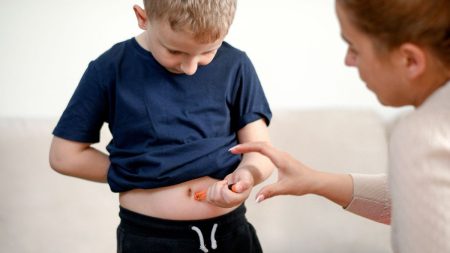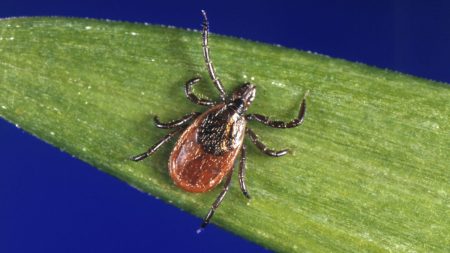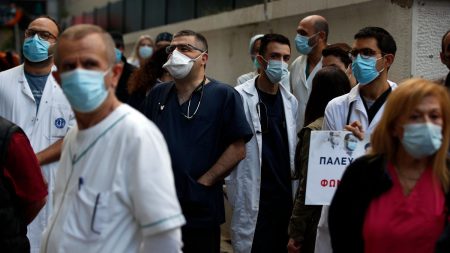The understanding of autism spectrum disorder (ASD) has advanced considerably since its inception in 1911, evolving from a perception of autism as an “illness” to recognition as a collection of varying traits, as noted by the UK’s National Health Service (NHS). Despite this progress, the complexities surrounding autism remain a focus of intense research. The ongoing exploration seeks to elucidate the factors contributing to the development of ASD, predominantly examining genetic and environmental influences. Among various environmental factors, infections during pregnancy, particularly cases like influenza, have garnered significant attention from researchers. While the relationship between maternal infections and autism is not definitively causal, research indicates a heightened risk associated with certain infections during pregnancy that may act as contributing elements leading to ASD.
Investigations into the influence of maternal febrile illnesses on ASD risk have produced intriguing findings. Dr. Ian Lipkin, a notable researcher in this domain from Columbia University’s Centre for Infection and Immunity, asserts that women who experience fever during pregnancy, show increased antibody levels related to infections like herpes simplex virus, or have documented cases of influenza, display a noticeably higher likelihood of having children diagnosed with ASD. Importantly, Lipkin’s research emphasized the importance of laboratory-verified influenza cases over self-reported illness data, discovering that severe symptoms accompanying laboratory-confirmed influenza were particularly indicative of an increased ASD risk. The rationale supporting these observations suggests that if maternal infections did pose risks for the fetal development linked to autism, the consequences may stem more from the mother’s immune response and resulting inflammation rather than the infection itself.
To comprehensively address how maternal infections might influence ASD pathology, researchers have turned to animal models to simulate the prenatal environment. Dr. Irene Sanchez Martin’s research on mice explored the effects of maternal immune activation (MIA), simulating infections during pregnancy. Findings from her studies indicated that MIA led to behavioral and developmental abnormalities in offspring that could be interpreted in line with neurodevelopmental disorders such as autism or schizophrenia. Although it is crucial to recognize the differences in human and mouse physiology, Sanchez Martin noted parallels in behavioral disturbances that warrant further exploration of inflammatory processes during prenatal development.
Sanchez Martin’s work specifically investigated the timeline of maternal immune activation in relation to fetal development, with experiments mimicking first-trimester infections. The results illustrated that inflammatory responses triggered soon after maternal infection could lead to noticeable developmental deficits in embryos, especially within a mere 24-hour window. Notably, these deficits seem to affect male embryos more prominently than female ones, indicating a potential gender-specific vulnerability when facing maternal inflammation or infection during critical developmental periods.
The consensus emerging from these studies highlights the role of inflammation, rather than the infectious agents themselves, as a significant contributor to risks associated with autism. Both Sanchez Martin and Lipkin underscored the importance of cytokines, signaling molecules that mediate inflammation, which appear to be more frequently elevated in women whose children are later diagnosed with ASD. This suggests that the immune response and the consequent inflammatory environment have more substantial implications for fetal development than the specific pathogens involved. Thus, the underlying mechanisms through which maternal infections may elevate the risk of autism could be related to how a mother’s immune system interacts with the developing fetus.
In conclusion, the relationship between maternal infections and autism is a critical area of ongoing research that highlights the interplay between an expectant mother’s health and her child’s neurodevelopment. While definitive conclusions regarding causality remain elusive, accumulating evidence points toward inflammatory responses triggered by infections as important factors influencing ASD risk. As our comprehension of these dynamics evolves, it underscores the necessity for public health measures to protect maternal health during pregnancy, reducing exposure to infectious diseases, and thereby potentially lowering the risk of autism in future generations. Understanding these complex interactions not only advances scientific discourse but also informs strategies aimed at improving maternal and child health outcomes.














